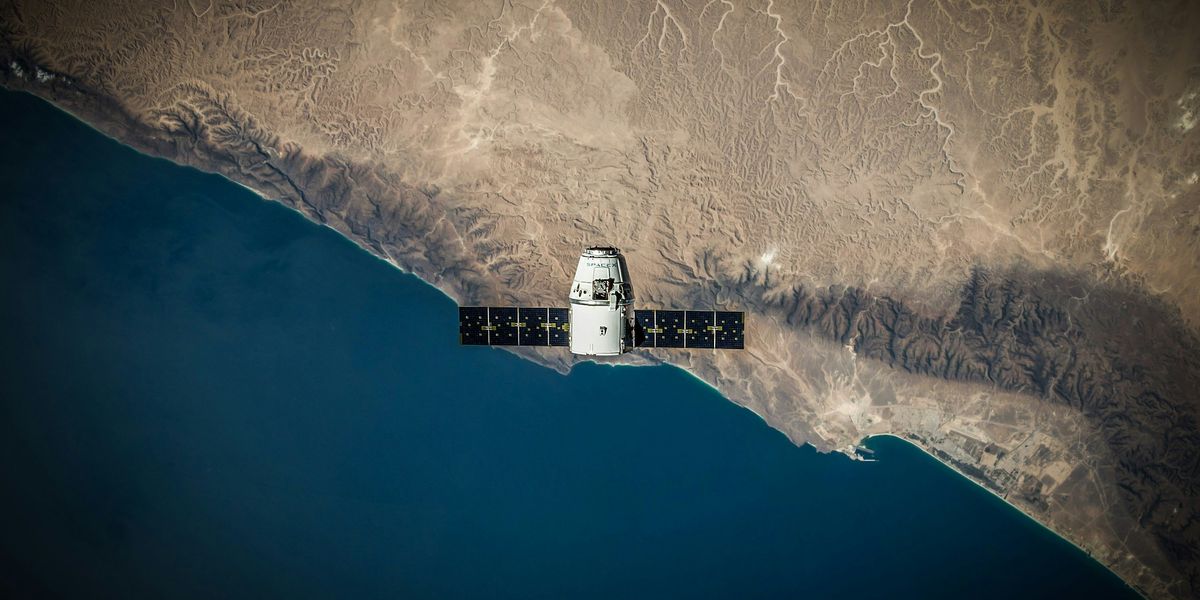
Trump’s dismissal of climate scientists threatens U.S. leadership and global research ties
The Trump administration’s removal of nearly 400 scientists from the National Climate Assessment signals escalating cuts to U.S. climate science, raising concerns over national and international research collaborations.
Holly Young reports for Deutsche Welle.
In short:
- Nearly 400 scientists working on the sixth National Climate Assessment (NCA6) were dismissed, jeopardizing a congressionally mandated report that guides U.S. climate policy and offers data valuable worldwide.
- The dismissals follow months of cuts to federal science bodies, including NOAA and the U.S. Global Change Research Program, leading to reduced data collection and concerns over the integrity of future research.
- International climate science collaborations are already strained, with some U.S.-based scientists seeking to relocate abroad, and European leaders working to attract displaced researchers.
Key quote:
“There’s no way to replicate this incredible innovative scientific enterprise that we had in the United States overnight anywhere else.”
— Rachel Cleetus, Union of Concerned Scientists
Why this matters:
The United States has long played a central role in advancing climate science, thanks to its robust funding, infrastructure, and vast geographic diversity. The National Climate Assessment, mandated by Congress, not only informs domestic policy but also provides essential data and models used worldwide. Cuts to such programs risk degrading the quality and availability of data that scientists rely on to understand and predict climate change impacts. These setbacks come at a time when extreme weather events, rising sea levels, and shifting climate patterns pose growing threats to communities everywhere. The ripple effects of reduced U.S. participation will be felt globally, as fewer data inputs and collaborative opportunities can hinder international climate forecasting and policy planning.
Read more: Scientists move forward with climate assessment work despite federal dismissals













